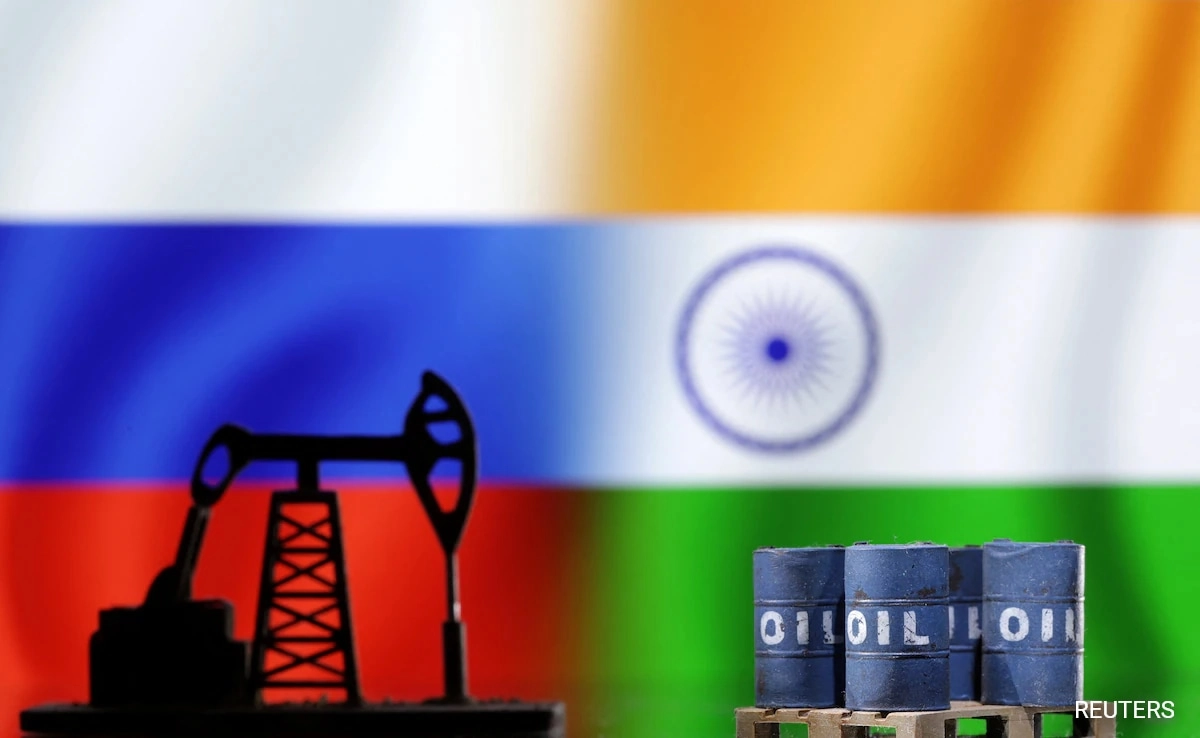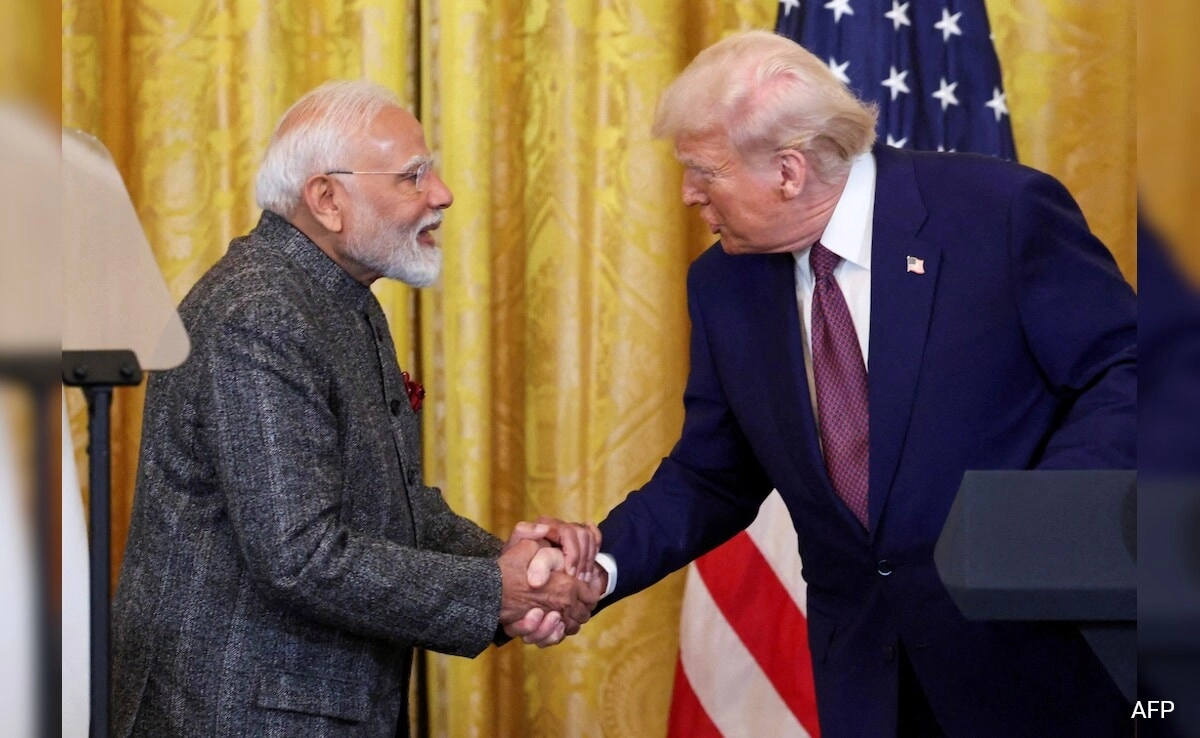India’s burgeoning relationship with Russia, particularly in the oil sector, has seen significant developments in recent years. As India seeks to diversify its energy sources and reduce dependence on Western oil supplies, it has turned towards Russia, which offers competitive pricing and favorable terms. This strategic pivot has allowed India to benefit from discounted Russian crude oil, especially in the wake of geopolitical tensions that have led to sanctions against Russia. However, these gains are not without their complications, particularly as the economic policies of the United States, exemplified by the imposition of tariffs under the Trump administration, create ripples in the global oil market.
The tariffs imposed by the Trump administration aimed at curtailing imports from specific countries have had unintended consequences on India’s trade dynamics with Russia. While India has been able to secure cheaper oil from Russia, the additional costs associated with U.S. tariffs on various goods have begun to offset these advantages. The financial burden of tariffs can lead to increased prices for imported goods, including those necessary for refining and distributing Russian oil. Consequently, India’s gains from purchasing discounted Russian crude may be eroded, affecting the overall economics of its energy strategy.
Furthermore, the geopolitical landscape continues to shift, complicating India’s reliance on Russian oil. As the U.S. engages in strategic partnerships with other nations, including those in the Asia-Pacific, India finds itself navigating a complex web of alliances and rivalries. The pressure from the U.S. to align more closely with its geopolitical objectives may force India to reconsider its energy sourcing strategies. Moreover, the evolving situation in global energy markets, with an increased focus on renewable energy and sustainability, raises questions about the long-term viability of India’s reliance on Russian oil.
In conclusion, while India has made significant strides in enhancing its energy security through its relationship with Russia, the impact of U.S. tariffs under the Trump administration poses challenges that could diminish these gains. As India continues to evaluate its energy strategy amidst a rapidly changing global landscape, it must balance its economic interests with geopolitical considerations. The future of India’s oil imports from Russia will depend not only on market dynamics but also on its ability to adapt to the shifting tides of international relations and energy policies.




